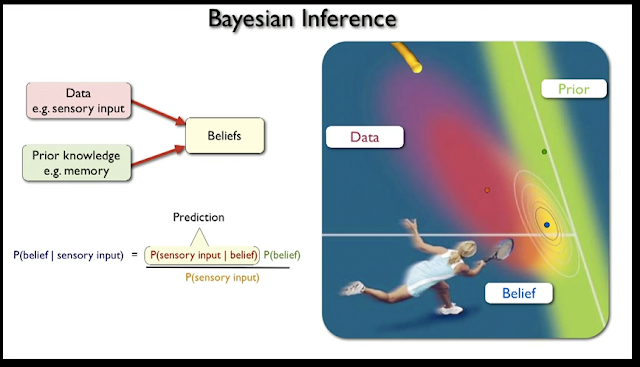- Idea can wrong, what we believe are often proven wrong. Especially advance idea.
- What is the difference between advance idea and bad science?
- Confusing hypothesis with fact
- Didn't have solid background -> how can you check solid background
- Report both side of the picture
- Should reference to journalism
- Checkable claims
inconvenient truth: austin was associated with vaccin, but turn out to be false. Can one really know that before it was proven false by the scientific community.
If not, we have to bear with us that there will be always a risk of false information on the information we provide.
- Bad letter, should have shown the usual routine that TED is doing instead, what is the background check they are doing.
- No real case example are what is, what is not bad science
- Rely solely on where the presenter works, studied, instead of what is true
I guess I just don't like the word "bad science"; science is either true or false; not good and bad.





